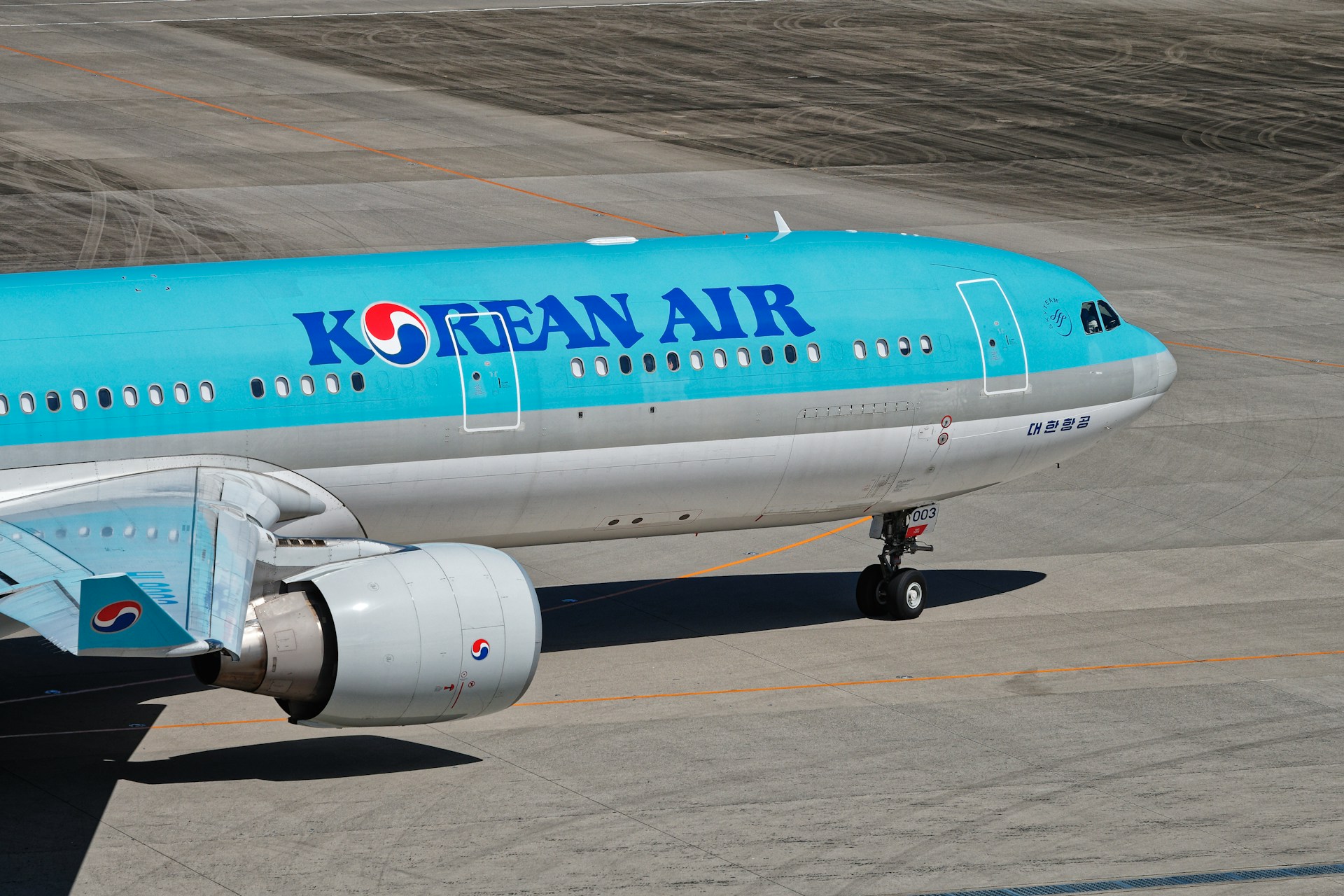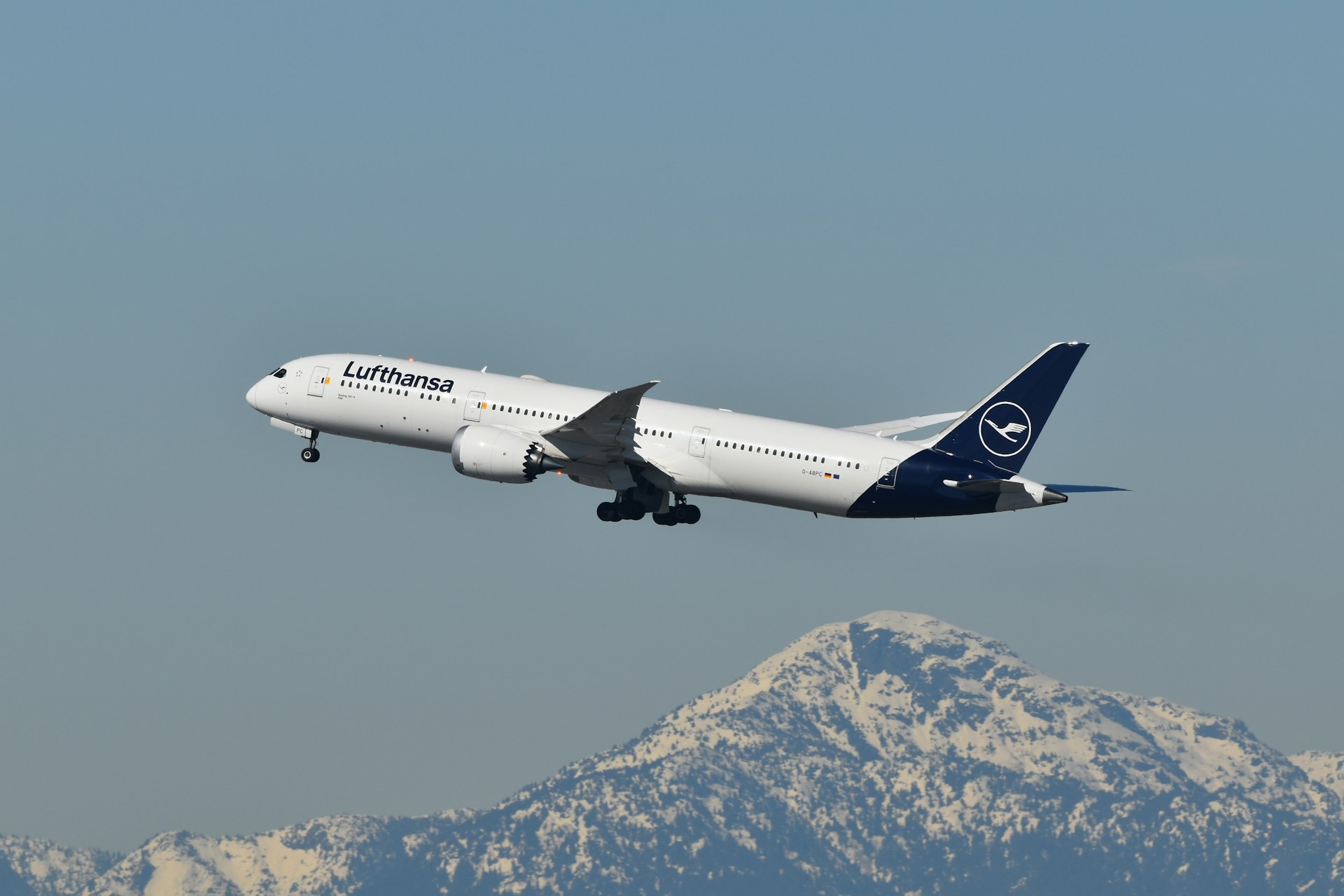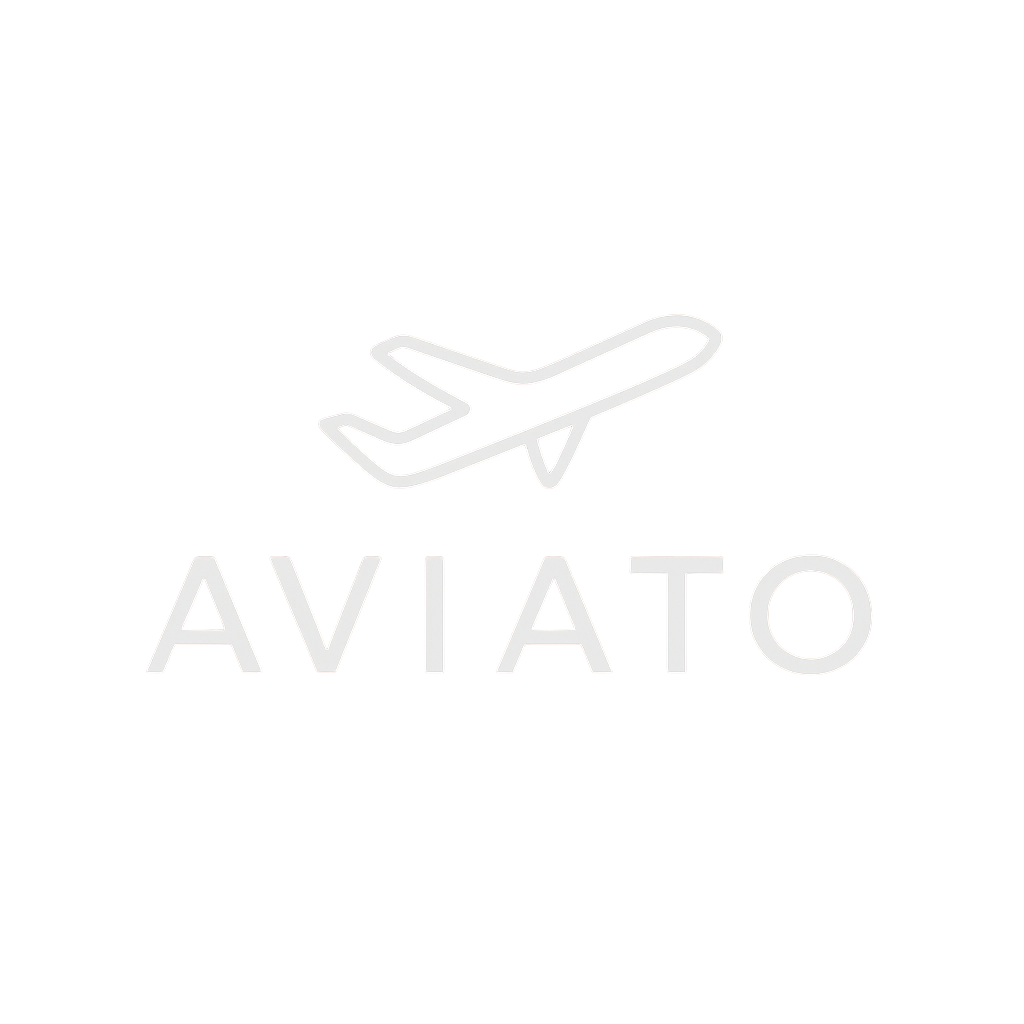Korean Air Partners with Wingbits to Test Next-Gen Flight Management Systems
Key Takeaways
- Korean Air has partnered with flight tracking company Wingbits to test advanced air traffic control (ATC) and routing systems.
- The collaboration leverages crowd-sourced flight data and real-time tracking to optimize efficiency and reduce costs.
- Wingbits’ community-driven receiver network could enhance flight planning and operational insights for Korean Air.
- The partnership positions Korean Air as an early adopter of next-generation aviation technology, gaining a potential competitive edge.
- Successful trials could accelerate industry-wide adoption of collaborative tracking systems to improve efficiency and safety.
Korean Air Tests Next-Generation Flight Management Technology
Korean Air has announced a groundbreaking collaboration with Wingbits, a flight tracking specialist known for its decentralized, community-driven data platform. The partnership focuses on testing innovative ATC and routing systems that could redefine how the airline manages its global network of over 120 destinations.
By tapping into Wingbits’ unique model, which relies on thousands of distributed receivers worldwide, Korean Air gains access to real-time, granular flight position data that extends beyond conventional radar coverage. This additional visibility offers opportunities for more precise flight planning, enhanced route optimization, and improved situational awareness.
Operational Efficiency and Cost Savings
The ability to refine routes using real-time data is critical at a time when airlines face volatile fuel prices and rising environmental pressures. For Korean Air, the system could translate into:
- Reduced fuel consumption through smarter routing.
- Fewer delays thanks to better air traffic coordination.
- Improved on-time performance for passengers traveling across Asia, Europe, and North America.
These operational benefits align with the airline’s broader digital transformation strategy, which prioritizes efficiency, safety, and sustainability.
Industry-Wide Implications
The Korean Air–Wingbits trial underscores a broader industry trend: airlines embracing data-driven solutions to supplement traditional ATC infrastructure. With growing demand for flight efficiency and reduced emissions, alternative data sources such as Wingbits are becoming more attractive to airlines worldwide.
If Korean Air’s testing phase proves successful, it could pave the way for wider adoption across the aviation sector. Other carriers may follow, introducing similar technologies that improve resilience against ATC bottlenecks and modernize global flight management.
FAQs
What is Wingbits and why is it significant?
Wingbits is a flight tracking company operating a community-driven network of aircraft data receivers. Its decentralized approach provides broader coverage than traditional radar, giving airlines richer insights into flight positioning and movement.
How will this partnership impact passengers?
Travelers may benefit from shorter flight times, fewer delays, and improved reliability as Korean Air optimizes routing through real-time data.
How is Wingbits different from other tracking services?
Unlike centralized radar systems, Wingbits uses crowd-sourced receivers worldwide, enabling more extensive and flexible data coverage.
Will other airlines adopt this system?
Yes, if the Korean Air tests succeed, other airlines are likely to explore similar partnerships, potentially transforming global air traffic management.
When will passengers see results?
The initial benefits may become visible within 12–24 months, depending on how quickly Korean Air scales the system beyond the testing phase.
✈️ Bottom Line: Korean Air’s partnership with Wingbits demonstrates the airline’s forward-looking approach to operational innovation. By leveraging community-powered data, the carrier is exploring ways to improve efficiency, reduce costs, and gain a competitive edge in the evolving aviation industry.
.zip%20-%201.PNG)



